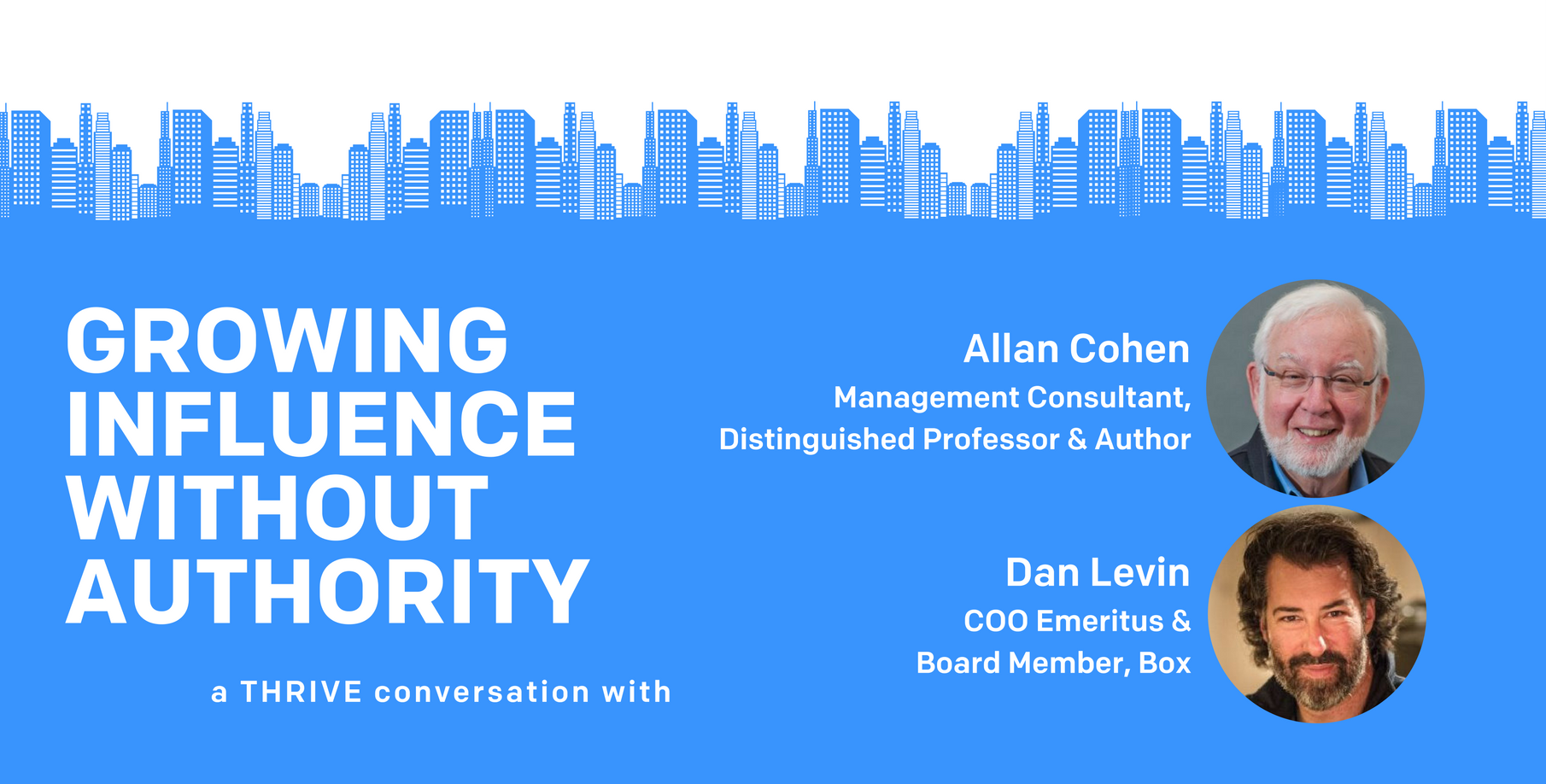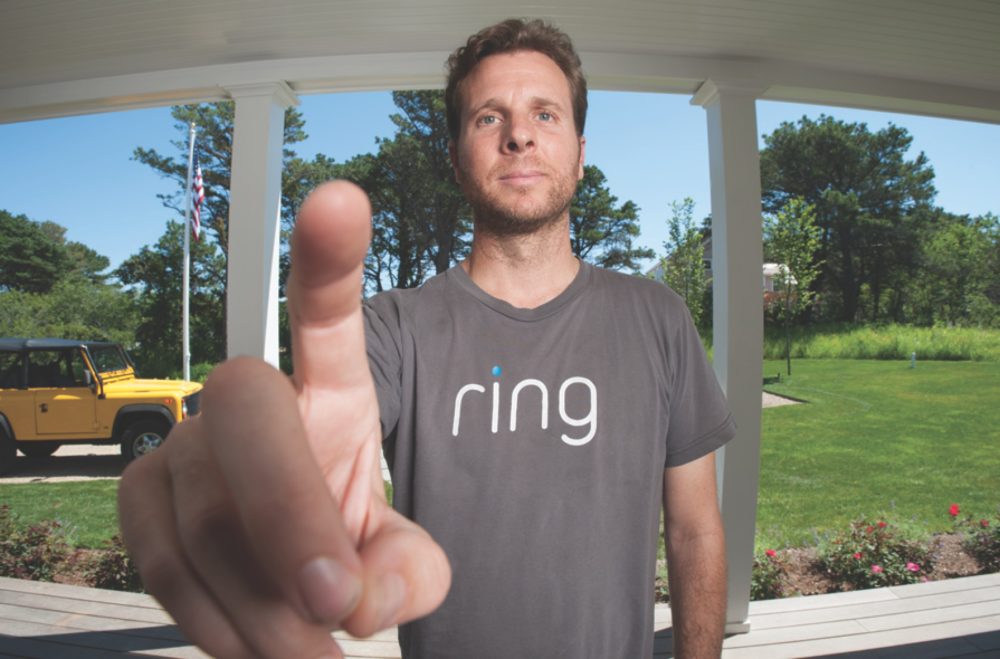At the end of my senior year in high school, I was required to find an internship. Up until that point, school had come easily to me. That is to say that I had mastered the art of emphasizing those things at which I excelled and avoiding those things that gave me a hard time. In this way, I was able to fool my teachers and myself that I was on my way to success.
So when it came time to choose an internship, I stepped out of line with my classmates who were earnestly heading for stints with fashion design companies, scientific laboratories, and law firms. I chose to work at a gas station. It was my way of saying to my school, “Thanks, but I don’t need to learn anything more.”
What followed was six weeks of utter humiliation.
The Internship from Hell
The “gas station” turned out to be a repair shop, staffed by master mechanics. Initially glad to have an extra pair of hands, they started me out with easy assignments—repair a door handle, pop out a dent, change an oil filter. With no experience and even less natural skill, I managed to stretch each of these tasks over days of frustration. I often did more harm than good to the cars as the mechanics watched me with utter bewilderment.
After trying dozens of new ways to further dumb down their instructions, they eventually gave up on me, putting me out to pasture rearranging cars in the lot. I was fired the next day after backing a tow truck, hard, into five different customer vehicles without noticing what I had done.
The experience left me utterly broken down, no longer holding a false sense of my own superiority. Over the years, I’ve sought to repeat it (though with less damage to those around me), putting myself in situations that revealed myself to possess a below-average level of talent: hang-gliding, singing, acting. I’d done these things on instinct, noticing that after each brief foray, my creative thinking would be sharper and more fresh.
More recently, I’ve discovered a good deal of science behind why this habit works. Put simply, spending time outside of your domain of knowledge and achievement helps you avoid three common cognitive traps that block creativity in individuals and organizations: The Hot Stove Effect, Entrenchment, and the Better-than-Average Effect.
The Hot Stove Effect
Mark Twain observed a dark side to learning. If a cat, he explained, touches a hot stove, it will learn never to do it again. That’s good. But he’ll also likely never touch a cold stove, and in this way he limits his freedom and opportunities to explore his world.
In the same way, it’s natural for learners, beginning in childhood, to find rewards in the fields in which they excel, and punishments in those that challenge them. This begins a lifelong habit of deepening knowledge and ability in a single domain while judiciously avoiding challenges that make us look foolish or incompetent.
It’s a reasonable survival strategy, but it leads to what Stanford’s James March, a legendary scholar and management consultant, calls a trap that encourages people to constantly improve and fine tune skills they have already honed to a high degree while refusing to explore new competencies.
This may work well for workers on an assembly line, but it’s an innovation killer. In our areas of expertise, we eventually reach a point of diminishing returns. Learning slows as we approach mastery. When we take the risk of entering a new domain, we tend to learn quickly and create new neural connections, providing a high return on time invested. This is not to say that the continued pursuit of mastery is a fool’s errand. Far from it. But an exclusive pursuit of mastery in a single domain is a learning trap.
Here’s another problem with the Hot Stove Effect: at first, all stoves are in fact a bit hot. When we try something new, we will inevitably suck at it. We’re going to get burned.
But it’s hard to tell if that’s happening because we are naturally incompetent in this space or because we’re just getting started and will eventually excel. Those with an oversensitive hot stove meter, who avoid humiliation at all costs, will miss key opportunities for growth. This is the case at both the individual and organizational level. Yet most jobs ask us to specialize, to deepen ability and to spend little precious time at those things we don’t do well.
Entrenchment
When we do decide to try something risky and new, we encounter a flood of unfamiliar information. It can be overwhelming. Our brains, however, are excellent sense-making machines, and before long we began to build mental maps. Think of these maps like a card catalog in a library. Each new piece of information we find can be categorized, related to other information, and made useful if we can place it where it belongs. The problem with these maps, however, is that the more we use them, the more rigid and fixed they become. New information is welcomed if it easily fits onto the map. If it doesn’t, it’s far easier to bend it so that it does fit, or to ignore it altogether as if it never existed.
Rice University researcher Erik Dane calls this problem entrenchment. Entrenchment causes some experts to be extremely slow to recognize radically new opportunities or to acknowledge when their fields have significantly changed, making their old maps obsolete.
What does Dane recommend to avoid entrenchment? Spending significant time out of your domain of competency. He points to studies, for instance, that show people who work overseas score significantly higher on measures of creativity than those that stay at home. Being in an unfamiliar culture with its flood of new inputs has a way of overwhelming our rigid mental maps, forcing us to loosen their connections and make room for new ones. But we don’t need to go overseas to be explorers. Steve Jobs famously studied calligraphy leading him to revolutionize design in computing. Einstein enthusiastically played Mozart (though not very well), helping him to break conventional thinking in the sciences.
The time I spent in the new culture of auto repair never led to any degree of mastery in that space. But it did provide me with a much richer understanding of the difficulties masters have in explaining important concepts to beginners.
Seeing the mechanics struggle to simplify their craft, observing what worked and what didn’t, has proved invaluable to me as a marketer. Whenever I’m creating a campaign to explain complex ideas, I draw on that experience, reminding myself of how out of my own head I need to get—and how into the head of audiences I need to be. It drives home the point that my own mental maps are not universally shared by others, and that makes me a far better communicator. I would never have gained that perspective without those humiliating weeks at the repair shop.
“Having one foot outside your world means you can be less beholden to the ties that would otherwise bind and blind you in that world,” notes researcher Andrew Hardagon. In a time of rapid change, breaking such binds is absolutely critical.
The Better-than-Average Effect
Finally, a little humiliation can be enormously helpful for avoiding the trap of overconfidence. It’s amazing how bad people and organizations are at estimating their own abilities. 93% of US drivers rate themselves as above average behind the wheel. 87% of Stanford MBA students rate themselves as more capable than most of their peers. In one British study, prisoners scored themselves as significantly more trust-worthy, moral and honest than the average population.
Psychologists believe this illusion of superiority is used to enhance our feelings of self-worth, and is more pronounced the more important the criteria is upon which we are rating ourselves. The more it matters to our egos, the more blind we can become.
What might this mean for business executives who are evaluating their products against those of their competitors? For brilliant engineers at Volkswagen evaluating the risk of trying to fool regulators? Or for investors with strong track records trying to decide whether they can outsmart the market? Time and again, it leads to disastrous outcomes of overconfidence.
Experiences with low-risk humiliation may be able to mitigate this effect. Admitting to ourselves that we are at times below average—and learning that our sense of meaning and self-worth can survive such experiences—lowers the ego’s need to protect itself at all costs and to employ biases that lead to mistakes.
It’s been widely observed that a tolerance for failure in companies leads to innovation. But what about a tolerance for people displaying incompetence? Obviously we don’t want consistent incompetent performance in areas critical to organizational success. But allowing star performers to experience humility through being below-average some of the time can lead to far better workplaces. After all, illusions of superiority have been linked to antisocial behavior, depression and hostility—not the kinds of traits high performing organizations thrive on.
Allowing, and even designing for, experiences that lead to humility is counterintuitive in organizations. We assume that if we allow our employees to lose face, to step outside of the work in which they excel into realms in which they’re weak, or to get feedback that points out significant flaws in their abilities, they will lose motivation and commitment. This assumption, however, may be limiting growth and the ability to adapt to change.
Want to embrace the power of humility at your organization? Check out our booklet of Creativity Exercises for tips on how to help your colleagues out of their comfort zones.




